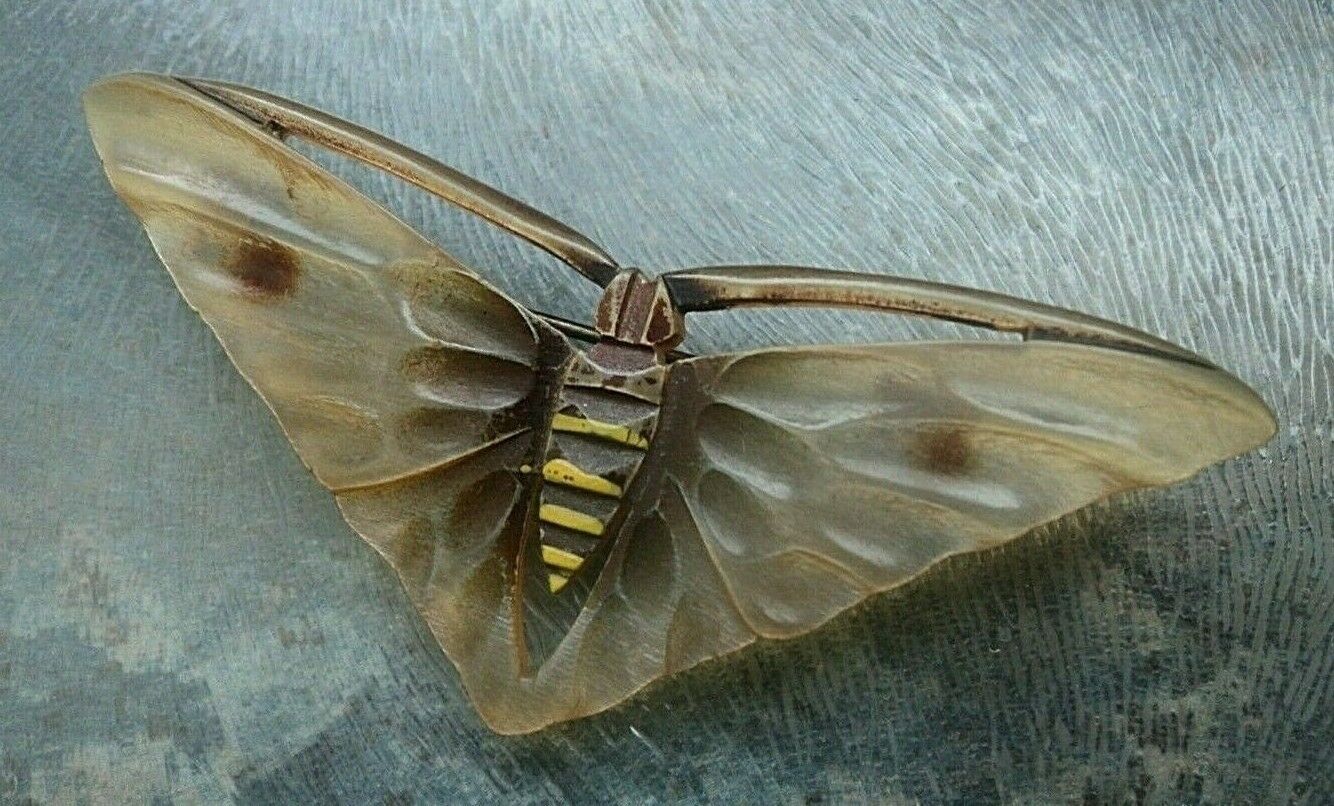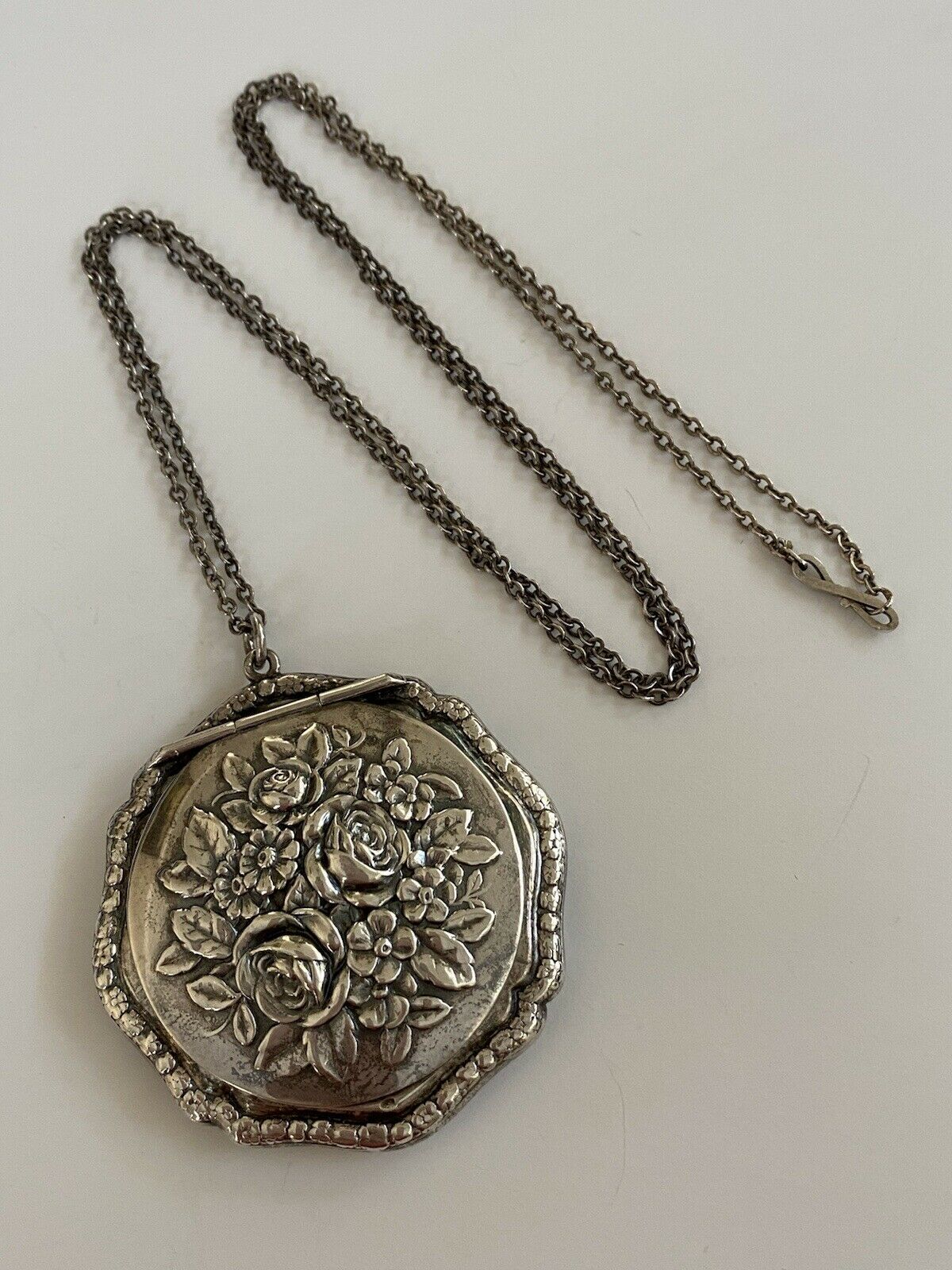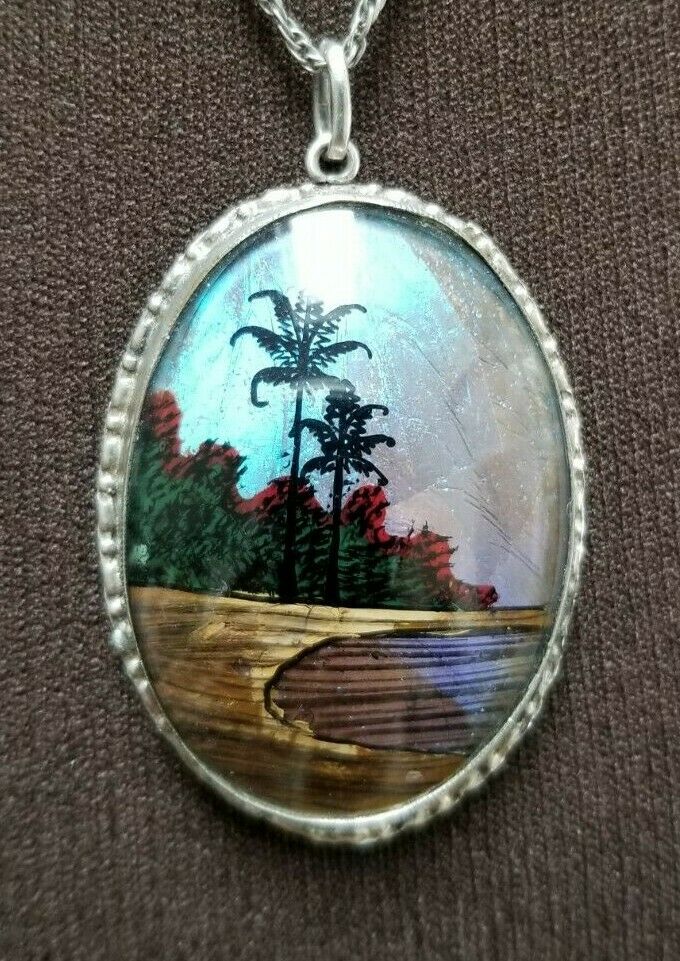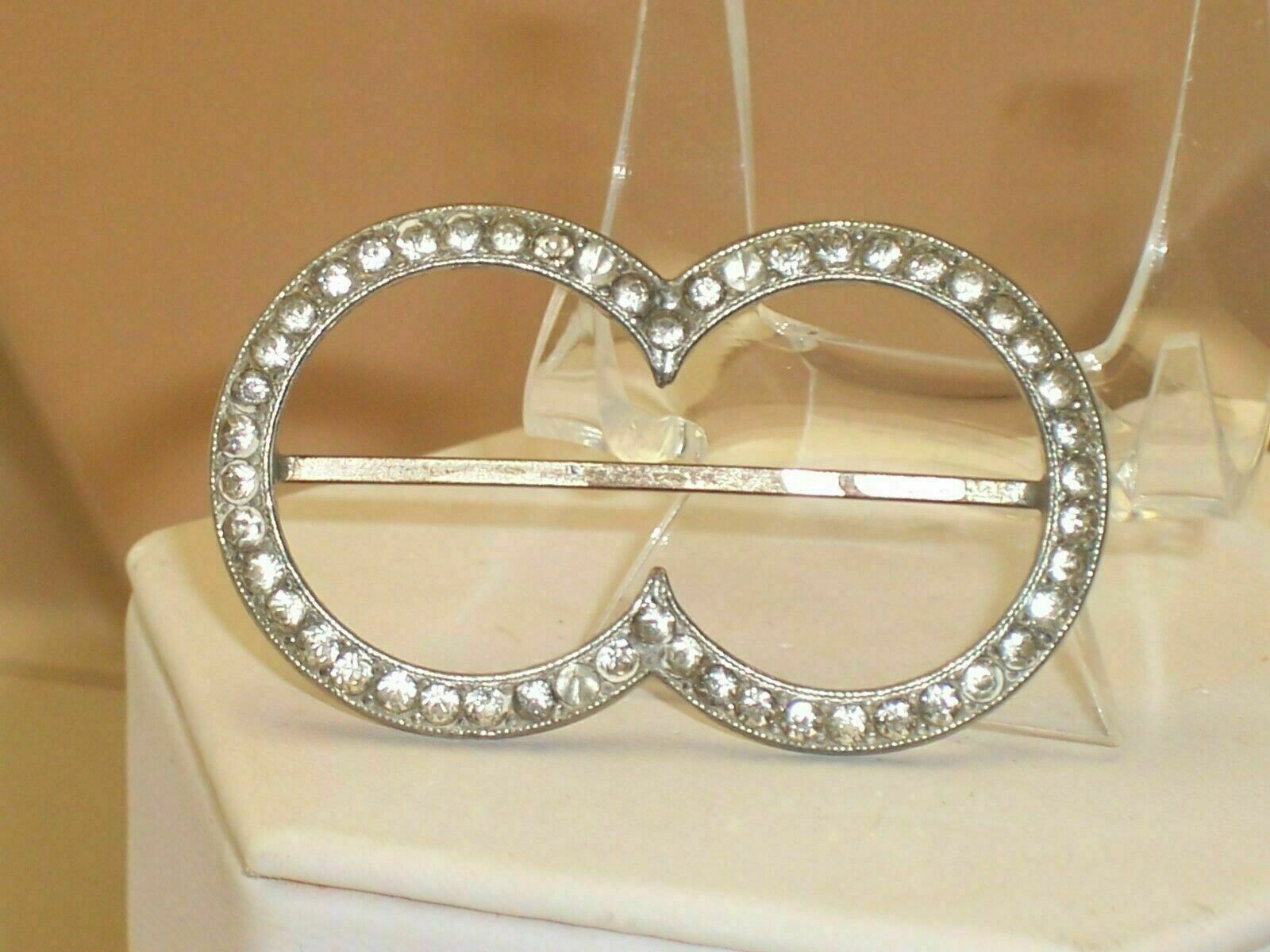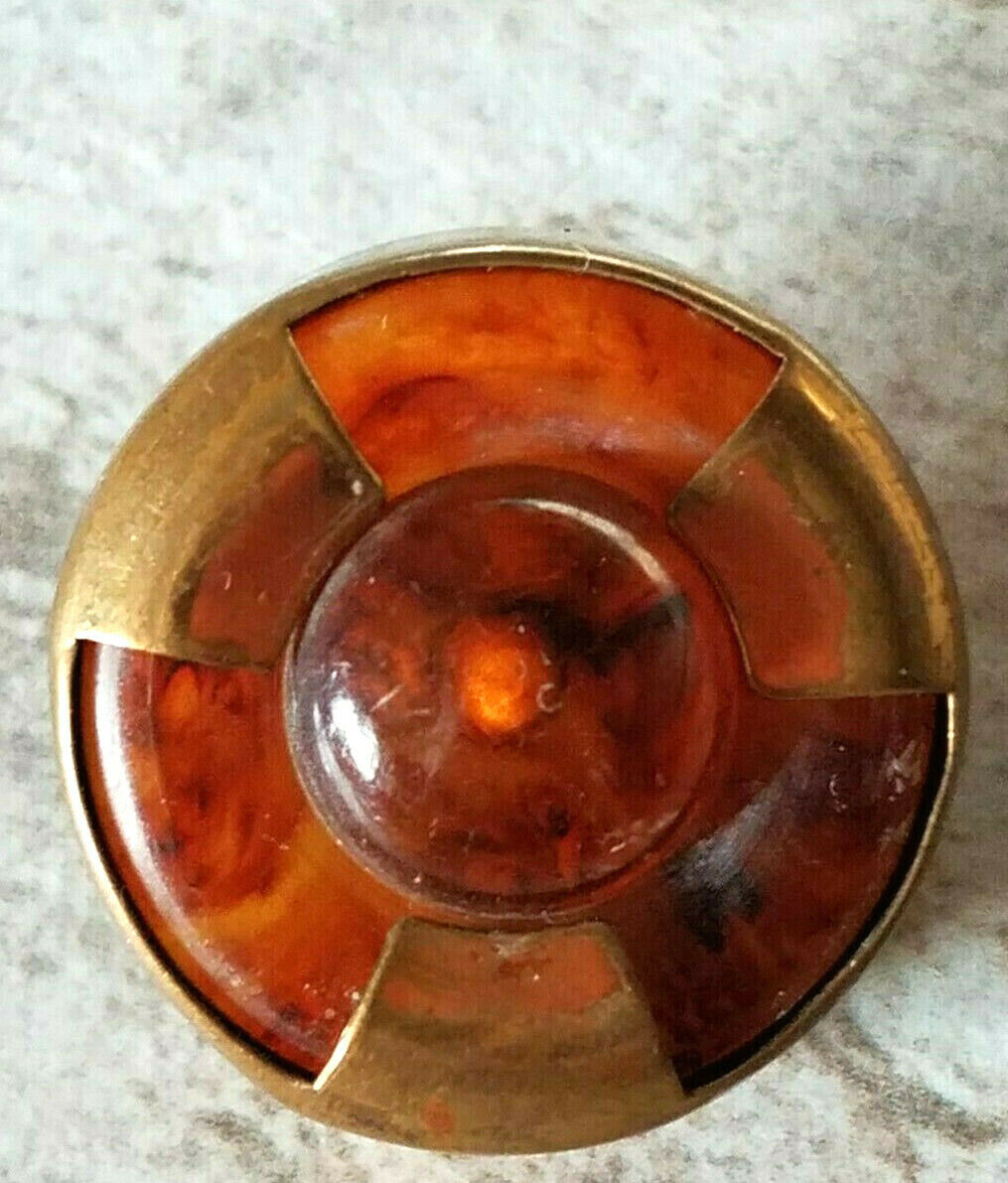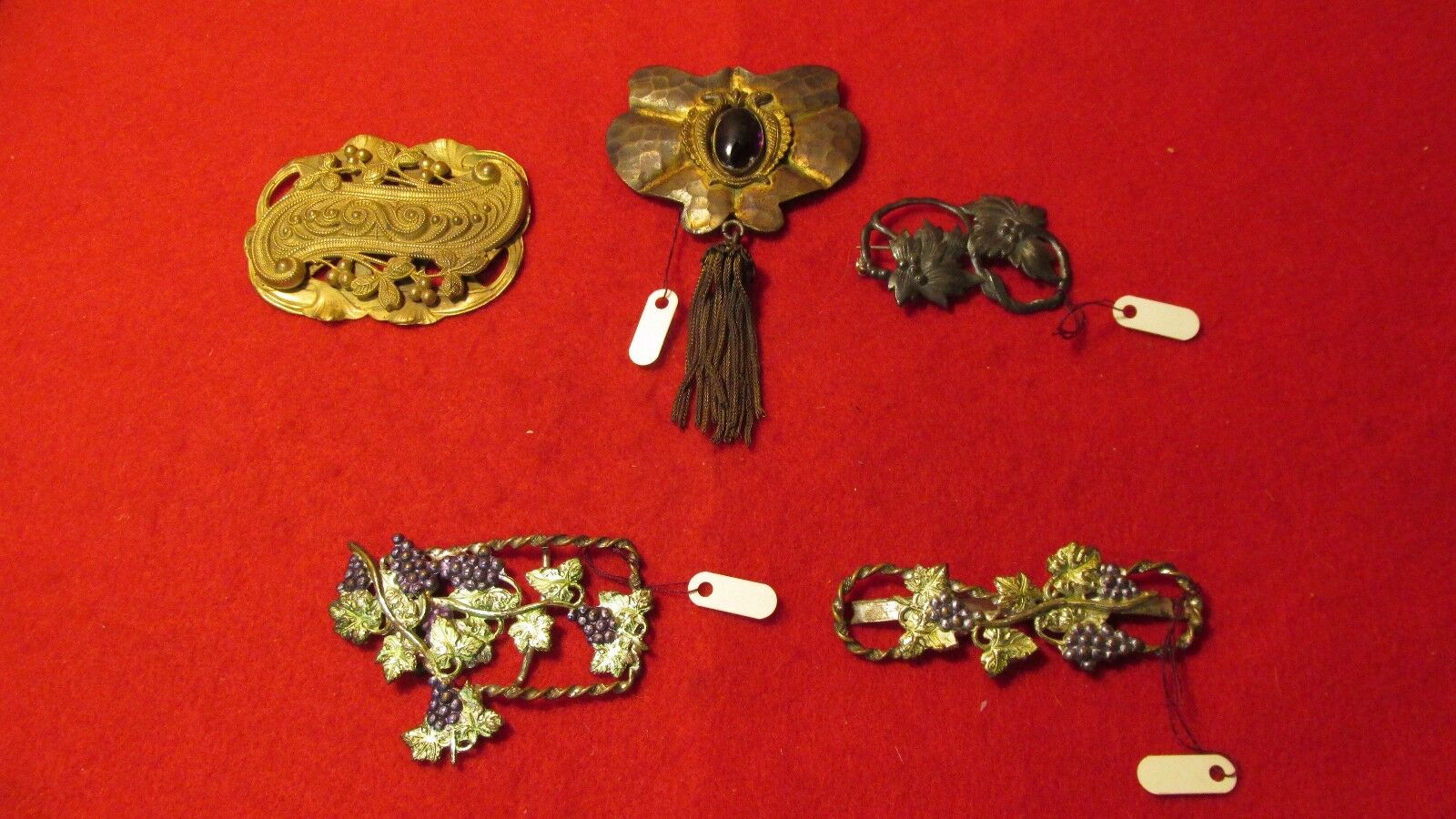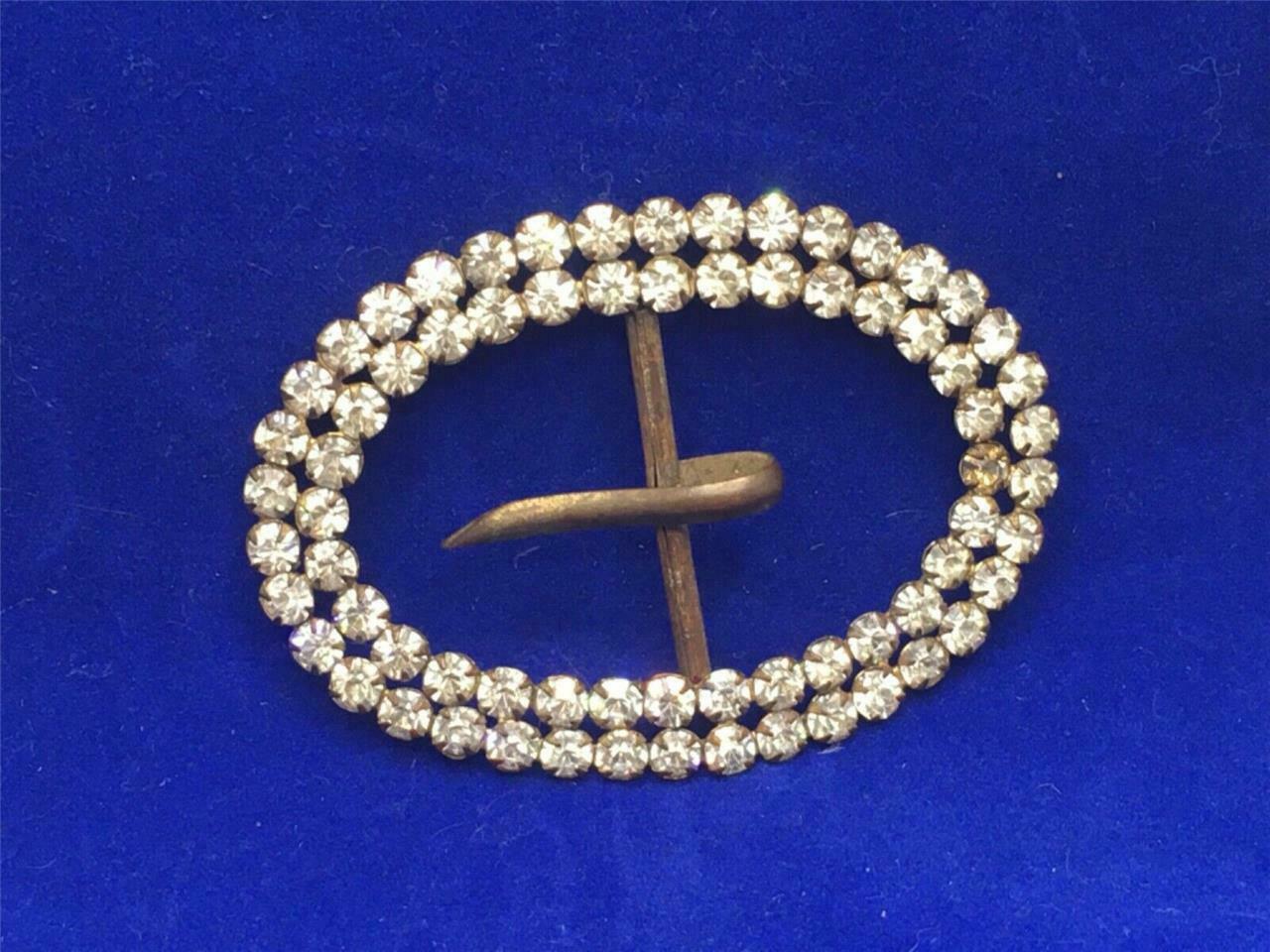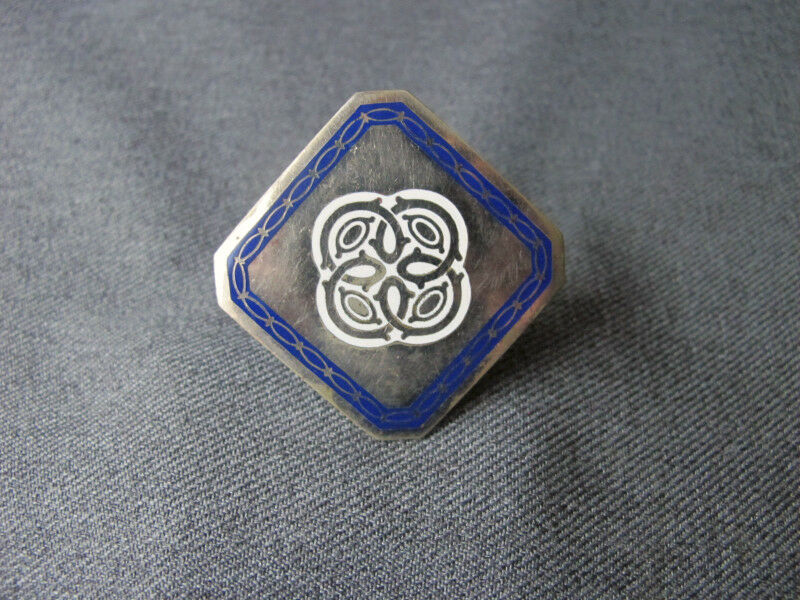-40%
Vintage Art Deco French Horn Butterfly Brooch signed for Georges Flamand , Paris
$ 202.56
- Description
- Size Guide
Description
Vintage Art Deco French Horn Butterfly Brooch signed for Georges Flamand , ParisThis product data sheet is originally written in English.
SIGNED GP FOR GEORGES FLAMAND
<div style="text-align:center"><img src="https://ti2.auctiva.com/sw/java.gif" border="0"><br><table align="center"><tr><td><a style="text-decoration:none" href="https://emporium.auctiva.com/alansbitsandbobs" target="_blank"><img src="https://ti2.auctiva.com/sw/browse2.gif" border="0"></a></td><td height="21px" valign="middle" align="center"><font face="arial" size="2"><b><a href="https://emporium.auctiva.com/alansbitsandbobs" target="_blank">alansbitsandbobs</a> Store</b></font></td></tr></table></div>
Vintage compressed bull horn art deco french brooch depicting a BUTTERFLY c.1920s -signed for maker Georges Flamand of Paris who was one of the main exponents of this method of jewellery manufacture in France .
Size at approx 70mms LONG x 30mms or 2 3/4" x 1 1/4" with early "C" clasp and is in good condition - translucent brown horn .
Popular from about 1895-1914, during the French Art Nouveau period, horn jewellery was created by artists at a time when craftsmen sought out innovative materials and designs. Other artists who are makers are Elizabeth Bonte and Georges Pierre, who eventually worked together in the same studio.
Horn was chosen as a medium because of its unique range of transparent colourings, durability, and simplicity. T
he technique started with bull or mountain goat horns … that were cut into sections, heated with steam and rolled out to form plaques upon which a design was traced. The design was cut out with a handsaw. Its characteristic translucent quality was achieved by soaking the horn in hydrogen peroxide for a day. Rough edge were smoothed and polished. At this point, the horn was dipped into chemicals to attain either a pearly white or beige bloom; dyes were applied to add other colors and stains. The horn was then polished and, finally, details such as veins on an insect’s wings were often drawn in with ink. Designs often taken from nature and insects , birds or similar
Will post worldwide .
<div style="text-align:center"><a style="text-decoration:none" href="https://mostpopular.sellathon.com/?id=AC950177"><img src="https://www.sellathon.com/Resources/Images/countercredit.gif" border="0"></a></div>
Popular from about 1895-1914, during the French Art Nouveau period, horn jewellery was created by artists at a time when craftsmen sought out innovative materials and designs. Other artists who are makers are Elizabeth Bonte and Georges Pierre, who eventually worked together in the same studio. Horn was chosen as a medium because of its unique range of transparent colourings, durability, and simplicity. The technique started with bull or mountain goat horns … that were cut into sections, heated with steam and rolled out to form plaques upon which a design was traced. The design was cut out with a handsaw. Its characteristic translucent quality was achieved by soaking the horn in hydrogen peroxide for a day. Rough edge were smoothed and polished. At this point, the horn was dipped into chem
Type
Brooch
Theme
Butterfly
Style/ Period
1920s
Maker
Georges Flamand
Country/Region of Manufacture
France
